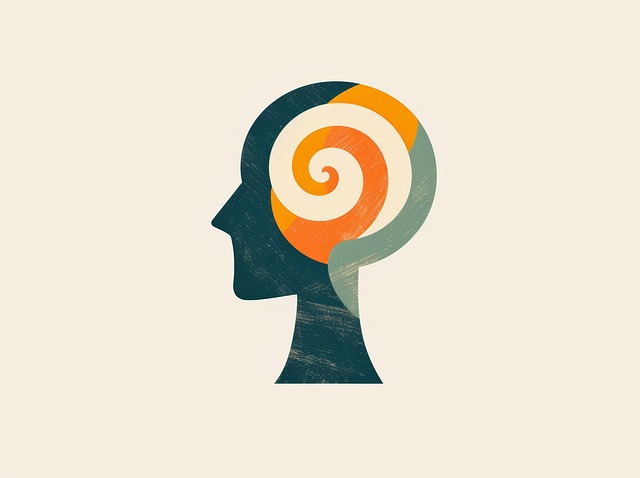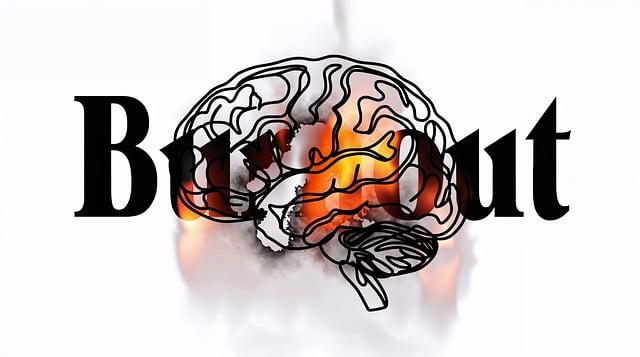Understanding mental illness diagnoses involves recognizing changes and comprehensive assessments by qualified professionals using tools like DSM-5. Castle Rock Depression Therapy (CRDT) offers tailored treatments, integrating education, mindfulness, trauma support, and stress management. Building a strong support system with peer groups enhances recovery, while CRDT's evidence-based practices improve mental health outcomes. Advocacy in mental health policy analysis drives systemic changes to prioritize care accessibility and quality for better long-term results.
Mental illness diagnoses can be complex, but understanding the process is crucial for navigating effective treatment. This article serves as a comprehensive guide for those seeking mental health support in Castle Rock, offering insights into the intricacies of diagnosis and exploring diverse treatment options, including Castle Rock Depression Therapy.
We’ll delve into building robust support systems, leveraging community resources, and connecting with professional networks to enhance recovery journeys. By understanding these aspects, individuals can confidently navigate their path to improved mental well-being.
- Understanding Mental Illness Diagnoses: Unraveling the Process
- Navigating Treatment Options: A Comprehensive Guide for Castle Rock Depression Therapy
- Building Support Systems: Enhancing Recovery Through Community and Professional Resources
Understanding Mental Illness Diagnoses: Unraveling the Process

Understanding Mental Illness Diagnoses: Unraveling the Process
Navigating a mental illness diagnosis can feel like navigating a complex labyrinth. It involves a multifaceted process that begins with recognition and assessment, leading to a formal diagnosis from a qualified professional. This journey often starts with individuals recognizing changes in their mood, behavior, or thinking patterns. Professionals like therapists or psychiatrists employ various assessment tools, including interviews, surveys, and psychological tests, to gain insights into the individual’s mental health history and current symptoms.
The diagnostic process is not merely a checklist but a comprehensive evaluation that considers the unique interplay of biological, psychological, and social factors. Once a thorough assessment is conducted, professionals use established criteria from diagnostic manuals like the DSM-5 to determine if symptoms meet the threshold for a specific mental illness. This understanding is crucial in seeking effective Castle Rock Depression Therapy or other tailored treatments. Moreover, integrating mental health education programs design and mindfulness over matter principles can play a significant role in depression prevention and fostering resilience.
Navigating Treatment Options: A Comprehensive Guide for Castle Rock Depression Therapy

Navigating treatment options for Castle Rock Depression Therapy can seem like an overwhelming task. With a multitude of approaches available, understanding each method and its effectiveness is crucial. A comprehensive guide ensures individuals affected by depression receive the most suitable care tailored to their unique needs. This involves exploring various therapeutic modalities such as cognitive-behavioural therapy (CBT), interpersonal therapy, or psychodynamic counselling, among others.
The process begins with an assessment by qualified mental health professionals who consider symptoms, severity, and underlying causes. Trauma support services play a significant role in many successful Castle Rock Depression Therapy plans, addressing past traumas that may contribute to current depressive episodes. Additionally, burnout prevention strategies for healthcare providers are essential to ensure sustained support throughout the therapeutic journey. Incorporating stress management techniques as part of the treatment regimen can significantly enhance overall well-being and recovery outcomes.
Building Support Systems: Enhancing Recovery Through Community and Professional Resources

Building a robust support system is integral to navigating mental illness diagnosis and treatment. Community resources, including peer support groups, offer a sense of belonging and shared understanding, fostering recovery through social connection and encouragement. These groups provide a safe space to share experiences, gain insights, and develop effective coping strategies. Furthermore, integrating professional resources such as Castle Rock Depression Therapy ensures access to evidence-based practices tailored to individual needs. Therapists employ communication strategies and stress reduction methods to help individuals manage symptoms, improve mental health, and enhance overall well-being.
Beyond local support networks, advocacy plays a vital role in shaping Mental Health Policy Analysis, driving systemic changes that prioritize mental health care accessibility and quality. By leveraging resources, both community-based and professional, individuals can navigate their recovery journeys with increased resilience, ultimately improving long-term outcomes.
Mental illness diagnosis and treatment can be a complex journey, but with the right tools and support, individuals in Castle Rock can navigate this path successfully. By understanding the diagnostic process, exploring comprehensive therapy options like Castle Rock Depression Therapy, and building strong support systems, one can enhance their recovery and reclaim their well-being. Remember, seeking help is a sign of strength, and there are resources available to guide you every step of the way.














